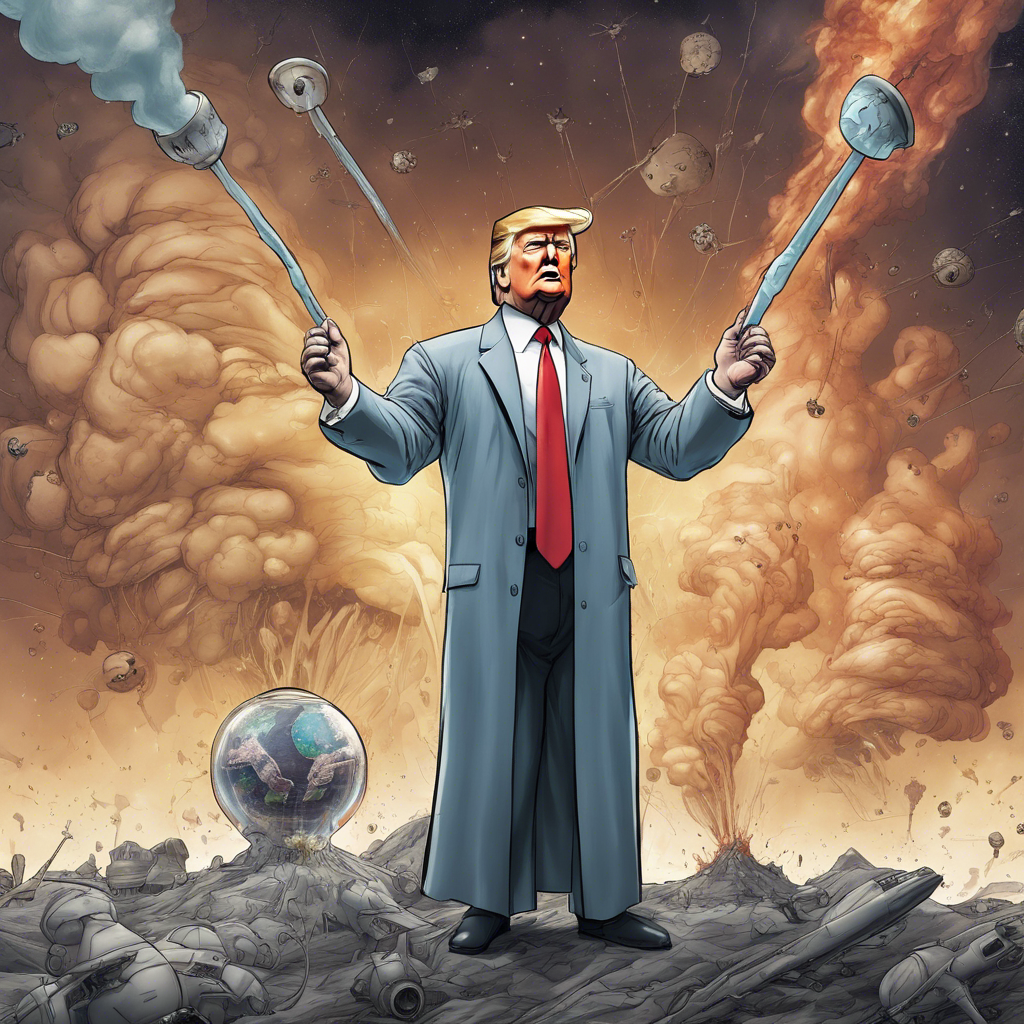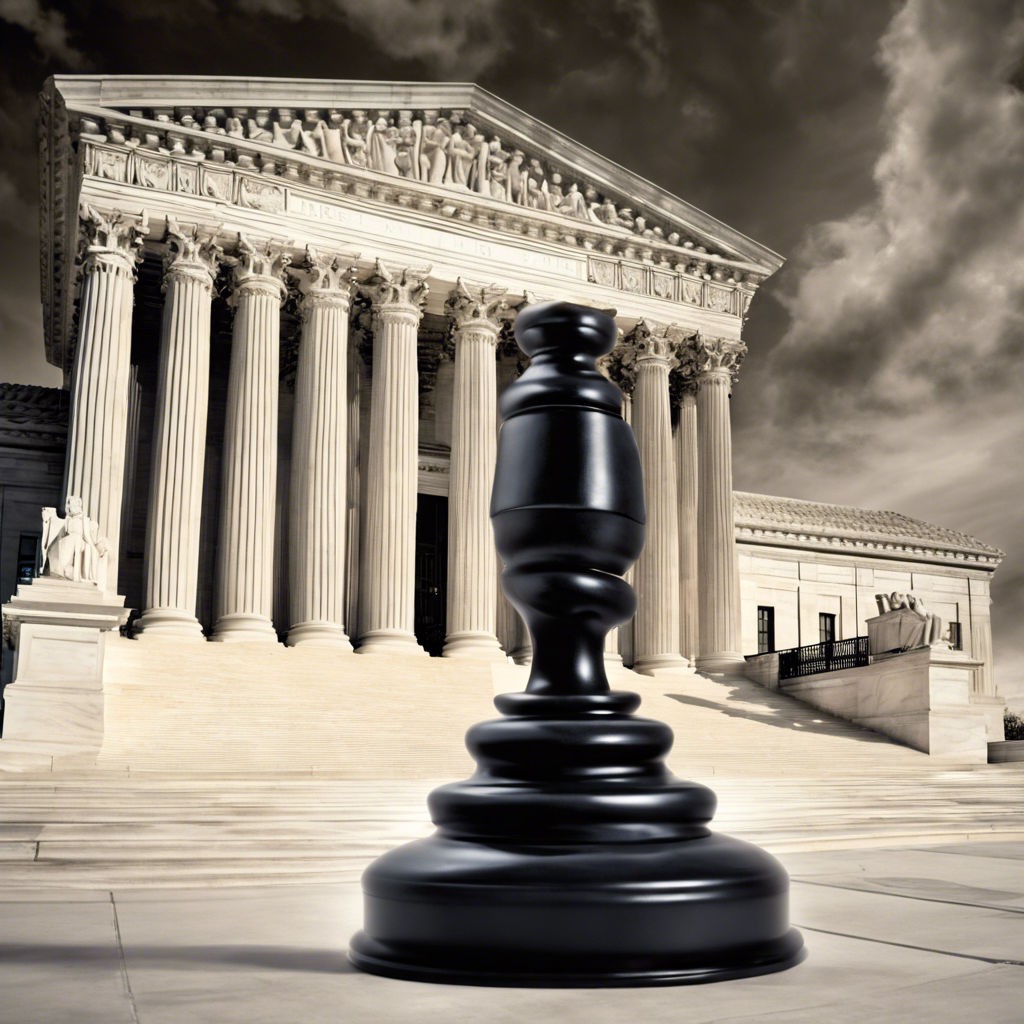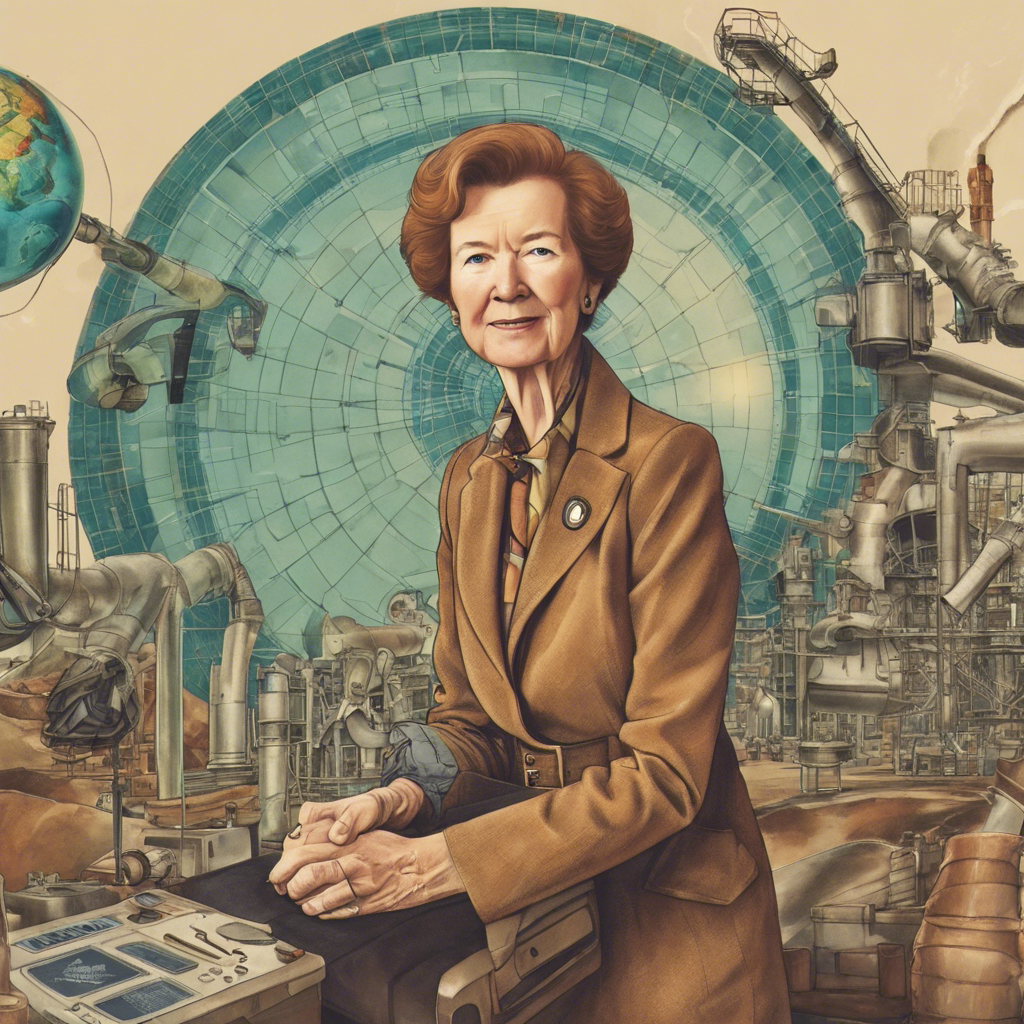Trump’s War on Science: Polarizing the Nation and Undermining Trust

The Impact of Trump’s Attacks on Science and the Polarization of Public Opinion
In the tumultuous era of Donald Trump’s presidency, one notable aspect was his relentless assault on scientific evidence and expertise. From altering hurricane forecasts to downplaying the severity of the COVID-19 pandemic, Trump’s disregard for science had far-reaching consequences. While confidence in scientists remained high overall, a sharp polarization emerged between Republicans and Democrats. This divide not only deepened the political divide but also raised concerns about the erosion of trust in science itself. As the possibility of a second Trump administration looms, the future of science and its role in policymaking hangs in the balance.
Trump’s Attacks on Environmental Science and Public Health
Under Trump’s leadership, the federal bureaucracy saw a crackdown on environmental science and public health research. Scientists were removed from advisory panels, replaced by individuals who questioned the need for regulations on smog and greenhouse gases. Funding for studies on the health impacts of pollution and mountaintop-removal coal mining was canceled. These actions not only undermined scientific progress but also jeopardized public health and environmental protections.
The Pandemic and Trump’s Willful Ignorance
The COVID-19 pandemic highlighted Trump’s willful ignorance and the deadly consequences of his actions. Despite privately acknowledging the danger of the virus, he publicly downplayed its severity, claiming it would disappear with warmer weather. He promoted unproven treatments and mocked the use of masks, diverting resources away from effective strategies. Even when vaccines became available, Trump’s endorsement lacked enthusiasm, further undermining public trust in the scientific achievement.
Polarization and the Politicization of Science
Trump’s attacks on science had a profound impact on public opinion, leading to a sharp polarization between Republicans and Democrats. Liberals embraced science, rallying behind causes such as the March for Science and displaying signs proclaiming “SCIENCE IS REAL.” Conservatives, on the other hand, became more skeptical of science, rejecting masks and vaccines. The politicization of science further deepened the divide, with each side reinforcing their beliefs and dismissing opposing viewpoints.
The Threat of a Second Trump Administration
If Trump were to secure a second term, his assault on science would likely intensify. Environmental science would face renewed attacks, and support for vaccination and public health measures would be undermined. Additionally, Trump could pressure the federal bureaucracy to target politically salient areas of science policy, such as abortion pills and fetal tissue research. The consequences of another four years of Trump’s war on science could be dire for both scientific progress and public well-being.
The Dangers of Tribal Beliefs and Overreliance on Science
Beyond immediate policy implications, Trump’s polarization of science poses a long-term danger. The association of scientific study and findings with one party risks turning support for science into a rigid tribal belief. Overreliance on science as the ultimate arbiter of policy also has its pitfalls. The closure of schools during the pandemic, for example, presented difficult trade-offs that extended beyond viral transmission. Clinging too tightly to science without considering broader societal impacts can lead to unintended consequences.
Conclusion:
Trump’s attacks on science and the subsequent polarization of public opinion have had far-reaching consequences. A second Trump administration would only exacerbate these issues, further eroding trust in science and hindering scientific progress. The future of science and its role in policymaking hinges on the ability to bridge the political divide and find common ground. In times of crisis, such as hurricanes or future pandemics, unity and agreement on reality are essential for effective responses. Only by recognizing the dangers of polarization and striking a balance between science and broader societal considerations can we move forward and address the pressing challenges that lie ahead.










